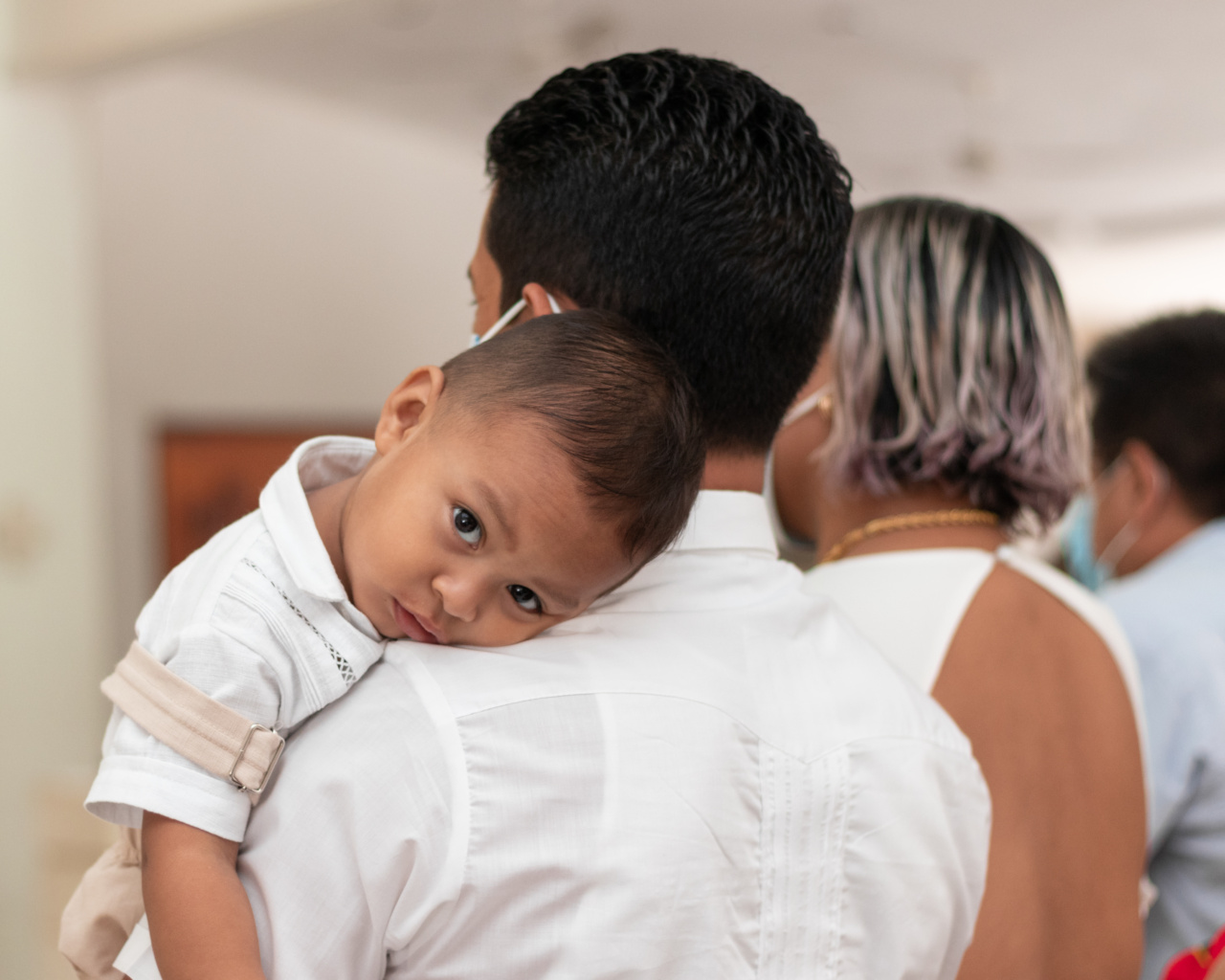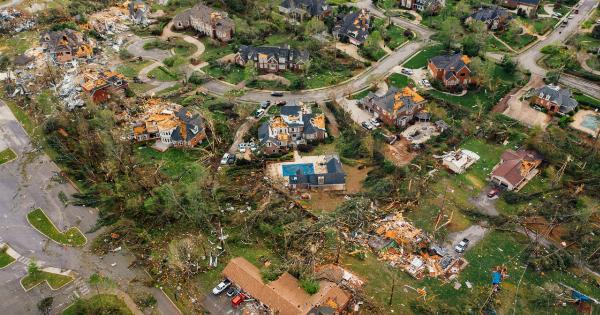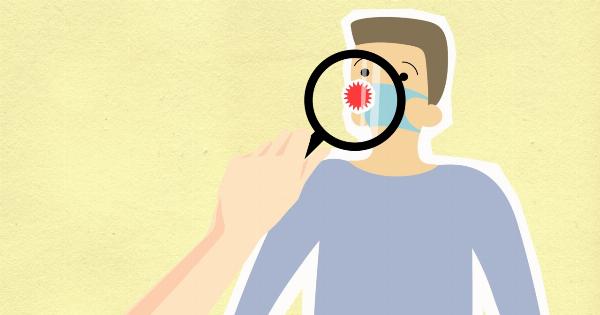The concept of fatherhood has evolved over time. It is no longer limited to just providing for the family or being present in the child’s life.
A father’s participation is now an essential element in a child’s development – this concept is known as “active fatherhood.”.
As more and more men decide to put off having children until later in life, the consequences of delaying fatherhood become more prominent. This article would explore some of the possible consequences of waiting too long to become a father.
1. Risks Associated with Age
Biologically, men are capable of fathering children throughout their lifetime, but ageing could affect sperm quality and production leading to fertility issues.
A man’s age could also increase the risk of genetic disorders, such as autism and schizophrenia in children. Studies have shown that older fathers are linked to several birth defects and developmental disorders in their offspring. These could range from cerebral palsy, dwarfism, and Marfan syndrome.
2. Reduced Energy Levels and Patience
As men age, their energy levels could reduce, which might affect their ability to engage with children actively.
Fathers who become parents later in life might find it more challenging to keep up with their children – playing active games, running around the park and attending extracurricular activities. They might also find it difficult to manage and discipline their children due to declining patience with age.
3. Possible Career Conflicts
Delaying fatherhood could lead to possible career conflicts because fathers might not be willing to sacrifice growth opportunities or promotions to care for their children.
Fathers who have children later in life might also be more invested in their career and might have less time to care for their children actively. This might lead to outsourcing of parenting duties or the child spending more time with a nanny or babysitter instead of their father or both parents.
4. Social Consequences
The social consequences of delaying fatherhood could affect both the father and the child. Older fathers might find it more challenging to relate to their children’s generation or keep up with their children’s interests and hobbies.
This might lead to a gap in communication between the father and the child. The child might also miss out on the knowledge that comes from having a young and vibrant father.
5. Health Challenges for Older Fathers
While older fathers might be delighted to have children at a later stage in life, it comes with some health challenges. Studies have shown that older fathers might be prone to cardiac diseases, hypertension, and diabetes.
The stress of raising a child could compound these health issues, leading to a decline in overall health and well-being.
6. Long-term Financial Implications
Raising a child is expensive, and the cost could be more significant for older fathers. Older fathers might spend more time in the workforce or have higher debts and financial obligations, leading to less available funds to care for the child.
They might also be forced to work more extended hours to support the family, leading to less time with the child.
7. Emotional Impacts
Delaying fatherhood could lead to emotional impacts on both the father and the child.
Fathers might suffer from feelings of regret or guilt for not becoming a father sooner when they had more energy, vitality and the capacity to engage with their children. This could lead to depression, anxiety and other mental health issues. Children with older parents might also feel that their parents did not love them as much as fathers who had them in their younger days.
8. Not Being Around for Long Enough
While it is impossible to tell how long anyone would live, having a child in later years reduces the number of years the father would spend with their children.
It means that when the child is in their prime years, the parents would be of old age and might not be able to provide the necessary care, support and guidance. This could lead to strained relationships or a lack of parental guidance during critical years in the child’s development.
9. Lack of Support System
Delaying fatherhood could mean that the older fathers may not have the same support systems enjoyed by younger fathers. Friends and family members might have moved on or might not be interested in raising children again.
This could lead to a lack of support, emotional or otherwise, for the father during critical times in the child’s development.
10. Increased Mortality Rates
Studies have shown that fathers who have children later in life are linked to an increased mortality rate.
This could be due to the added stress and responsibility of family life, physical decline, and other underlying health issues, magnified by ageing. Fathers who have children in later years also tend to be more sedentary, which might lead to health issues and early mortality.
Conclusion
In conclusion, delaying fatherhood could lead to several consequences for both the father and the child.
Fertility issues, possible career conflicts, social consequences, health challenges, emotional impacts, long-term financial implications, and increased mortality rates are some of the effects of delaying fatherhood. It is advisable for men to consider having children earlier in life to experience the full benefits of active fatherhood and avoid the possible disadvantages to both them and their children.































